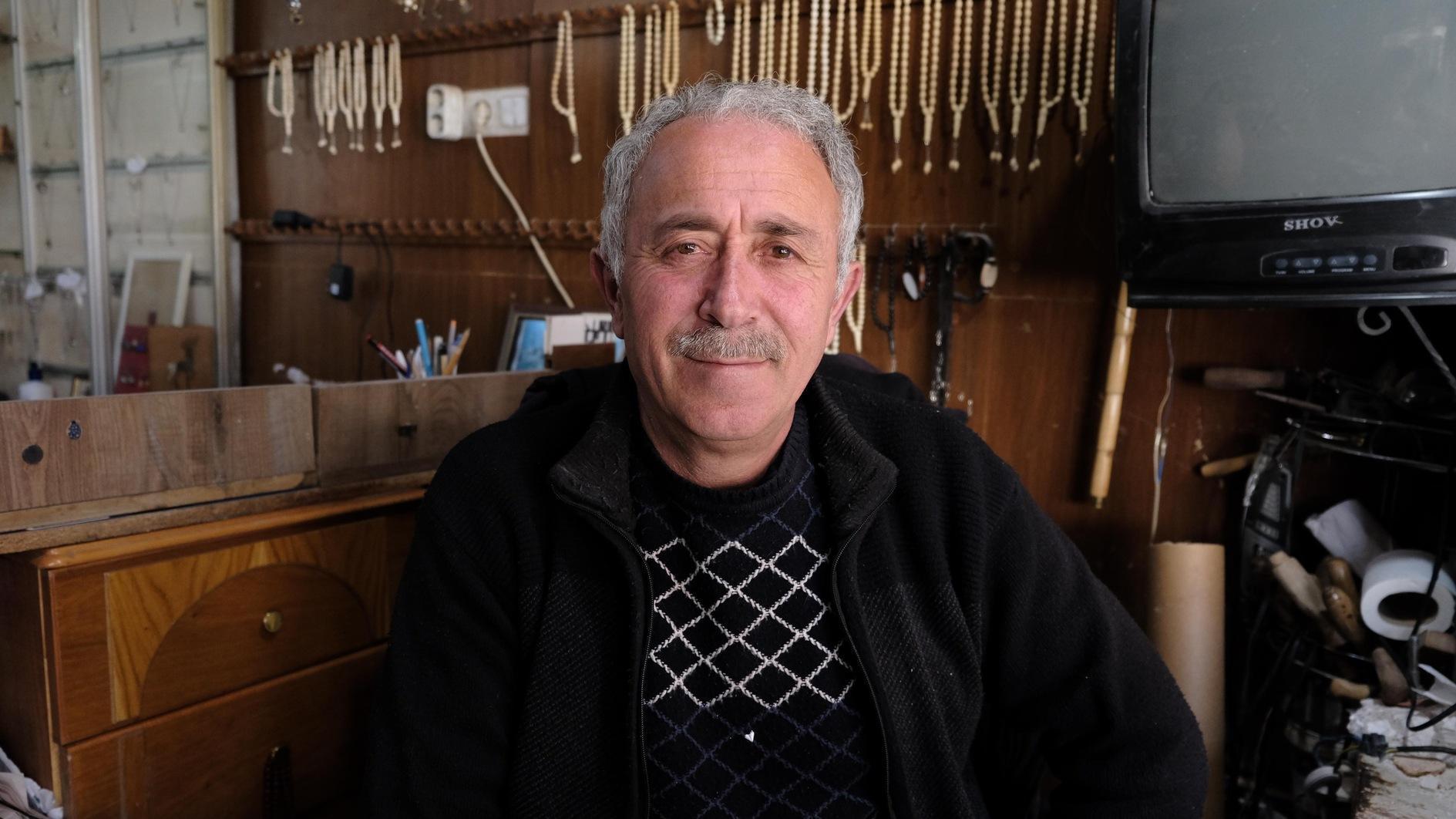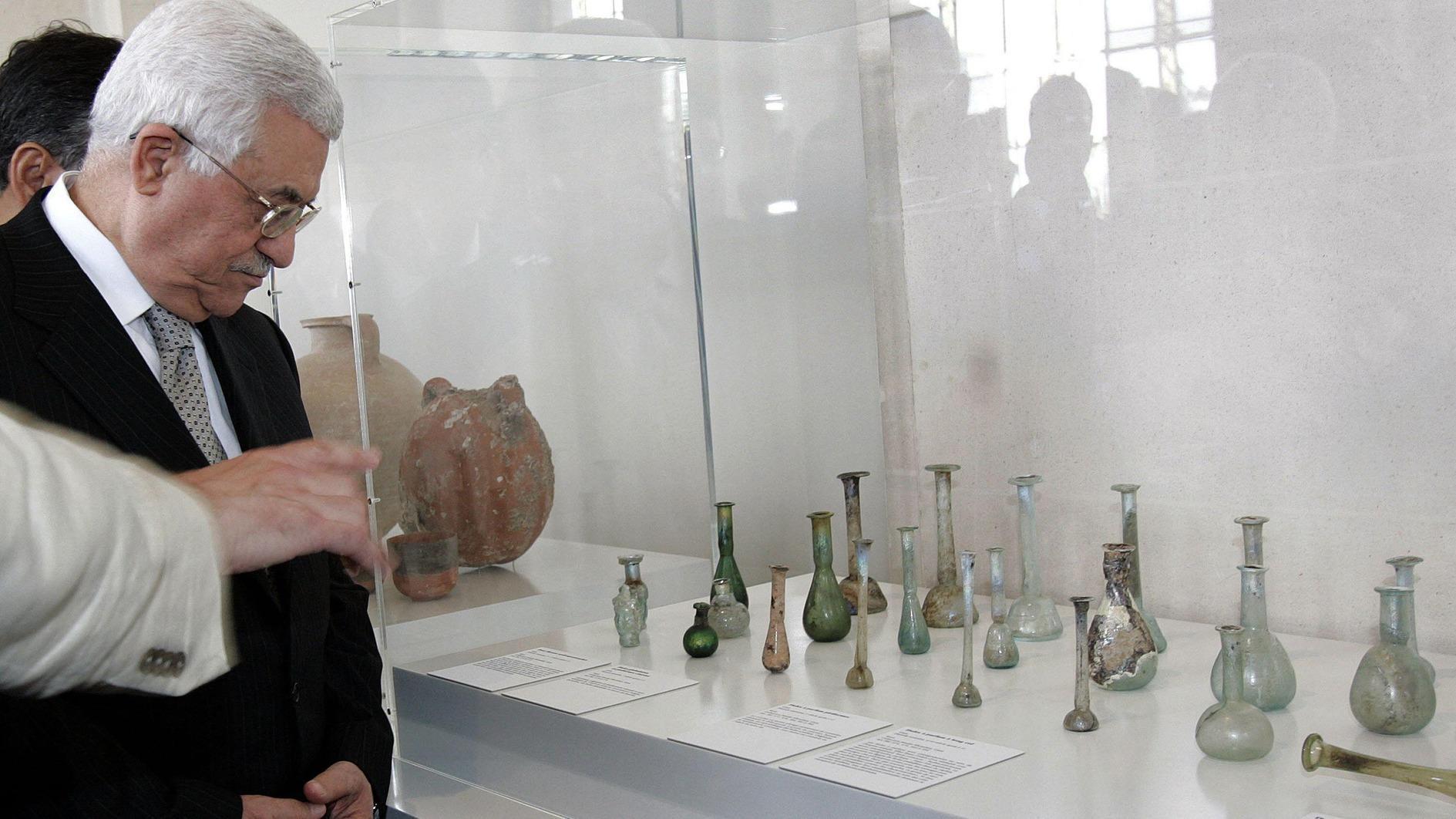Turkey should not be left alone in Syrian migrant issue: ILO head
Hacer Boyacıoğlu - ANKARA

HÜRRİYET photo
The International Labor Organization (ILO) has been working with several countries to find a solution which would help Syrian migrants integrate into the workforce, while Turkey should not be left alone in resolving issues regarding the dramatic rise in the flow of Syrian migrants, the head of the organization has said in an exclusive interview with daily Hürriyet.“We have been working on Syrian migrants’ access to workplaces along with Lebanon, Jordan, Egypt and Turkey. We have spoken about this issue in a series of meetings. Turkey deserves great admiration by accepting such a high number of Syrian migrants. Syrian migrants need to be a part of the workforce, but the conditions of the workforce needs to be considered when offering this right to migrants anywhere. Some reasonable solutions need to be developed about this issue and Turkey should not be left alone,” ILO Director General Guy Ryder said.
Ryder noted the government makes decisions on the issue, while the ILO plays a stimulating role.
“As we face an urgent situation, we need to act immediately,” he added.
He visited the capital city of Ankara to hold a series of meetings with Turkish and foreign labor authorities on the sidelines of G-20 ministerial talks.
“It was, however, a bit discouraging to see the woman employment issue was not on the agenda at these meetings. Turkey needs actually to consider this both a social and economic issue,” he said.
‘200 million jobless people’
Ryder noted the largest problem in the world was unemployment.
“There are 200 million unemployed people across the world. Around 40 million new jobs need to be created annually to be able to enable young people to join the workforce. Worst of all, the global economy has been slowing down since 2008. According to the ILO’s calculations, some 60 million fewer jobs have been created due to the 2008 global crisis,” he said.
Ryder said Turkey needs to focus on creating jobs for young people.
“The unemployment rate among young people is three-fold higher than the [total] unemployment rate.
Young people’s educational level and skills must be harmonized with the demand of the labor markets. The share of employers in the educational system needs to be increased… The Global Apprenticeship Network [GAN] program, which is run by the Turkish Confederation of Employer Associations [TİSK] in Turkey, constitutes a good example in reaching this goal,” he said.
Ryder also pointed to the high number of workplace accidents in Turkey.
“The Soma mining accident has stimulated both local and global attention on the issue. Turkey recently signed a number of agreements on work security, and this is good. The point here is to develop a prevention culture beyond legal arrangements,” he said.
















